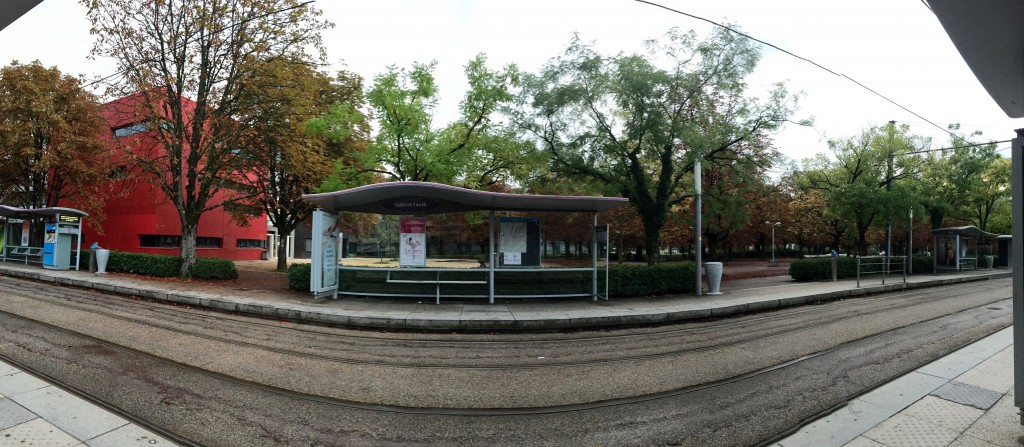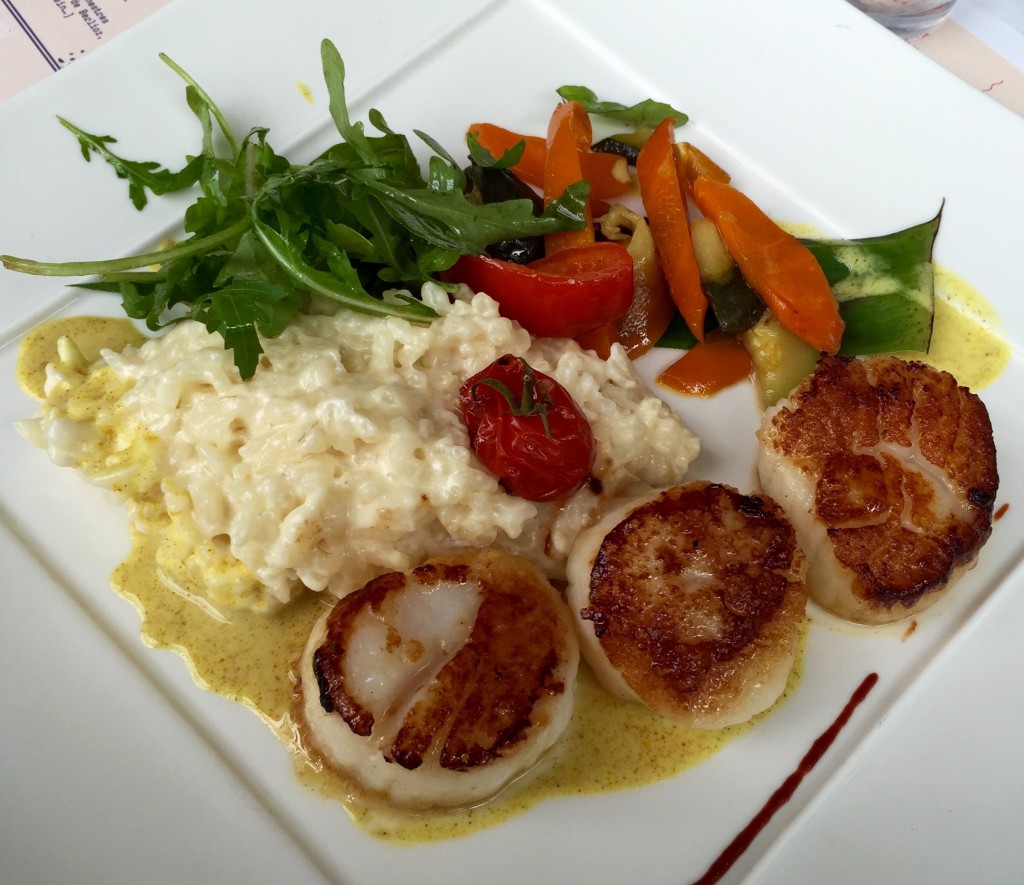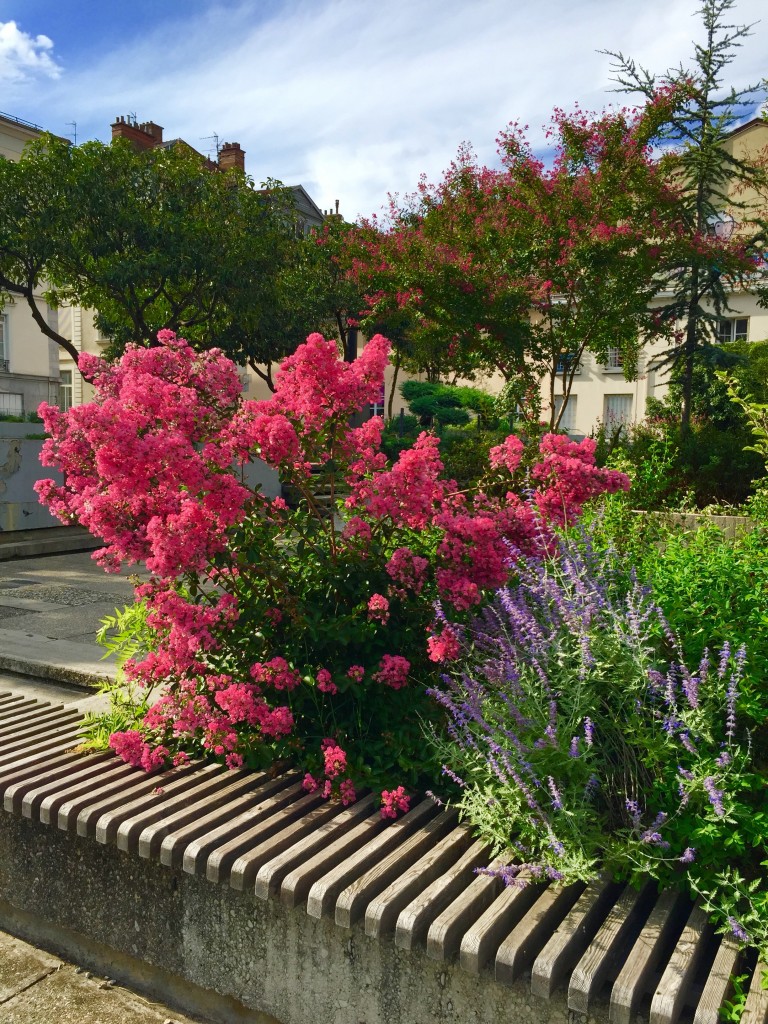 |
| Beautiful Grenoble. |
Bienvenue en France! First study abroad days in other countries can be overwhelming for a number of reasons: missing your friends and family, being submerged in foreign words and concepts, and having to learn a completely new street map. Multiply all of these by the lack of quality sleep and voila: you’ve successfully begun your study abroad in Grenoble. But not to be overwhelmed--with patience, you’ll learn your way! Below are seven tips to help transition you to France:
1. Remember the first days of French class? You know, when you learned the difference between addressing someone formally and informally? It may seem obvious, but it’s amazing how quickly you’ll see yourself or another student try to open conversation with a shop keeper with a casual, "ça va?” As a rule of thumb, only formal phrases should be used when addressing all new adults (your host parents, shop owners, professors, etc.). Bonjour, comment allez-vous, et Merci only, s’il vous plaît!
2. Why are you smiling? In France, it’s not typical to smile at strangers on the street. A smile may indicate you are up to something suspicious, or conversely, it may be taken as an invitation to speak with you; therefore, it is best to try to retain a poker face when using public transport areas. Meanwhile, it is quite normal for passersby to look one another up and down before moving on.
 |
| Tram stop C on campus. |
3. Shhh! Learn to respect the quiet. This goes for restaurant dining volumes, apartment living, and public behavior. Loud conversations and laughter are discouraged, as they interrupt the ability of others to hear their partners speak. Additionally, you should avoid wearing shoes, flushing toilets, or running water in your apartment after 10pm, as many French buildings are older, with poor sound insulation between units.
4. Hungry? Don’t expect to eat between the hours of 14h00 and 19h00 (did I mention that you’ll be using military time?); restaurants close their kitchens between lunch and dinner, and will only serve drinks during this time. Additionally, it is worth noting that most stores will be closed on Sundays and possibly other days throughout the week, so grocery shopping may take a bit of planning.
 |
| First meal with the CEA group: scallops and risotto. |
5. If you do make it to a restaurant during serving hours, be sure to observe the French dining customs - literally. Often, the French will eat with both arms resting on the table, fork in the right hand, and knife in the left. It can be considered rude to clang your silverware or switch hands unnecessarily. When finished, silverware can be placed across the plate to indicate dining has ceased.
6. It is unnecessary to add a tip to your bills, as 10-15% has already been built in. If you feel the meal or service was particularly good, it is polite to leave a one to two Euro tip on the table.
7. Watch your step! Whether crossing the street or navigating the sidewalks, it is important to watch where you are going. Keep in mind that most roads will have a bike lane either in the street or along the sidewalk. It is expected that you do not walk in these areas. Furthermore, street and sidewalk hygiene is not enforced to the same degree it is in the States and elsewhere in Europe. If Fido couldn’t wait to make it to the park, you may find that he left something behind for you to step in.
 |
| The Bastille from the entrance of the boules (notice the different lanes across the street). |
Bonus Tip: Relax, and build time into your schedule to get lost; it's all part of the experience. Besides, who knows what you'll discover?
 |
| Behind le Jardin de Ville: classic French lavendar. |
Emily Milton is the Fall 2015 CEA MOJO Blogger in the French Alps, France. She is currently a Senior at Iowa State University.










